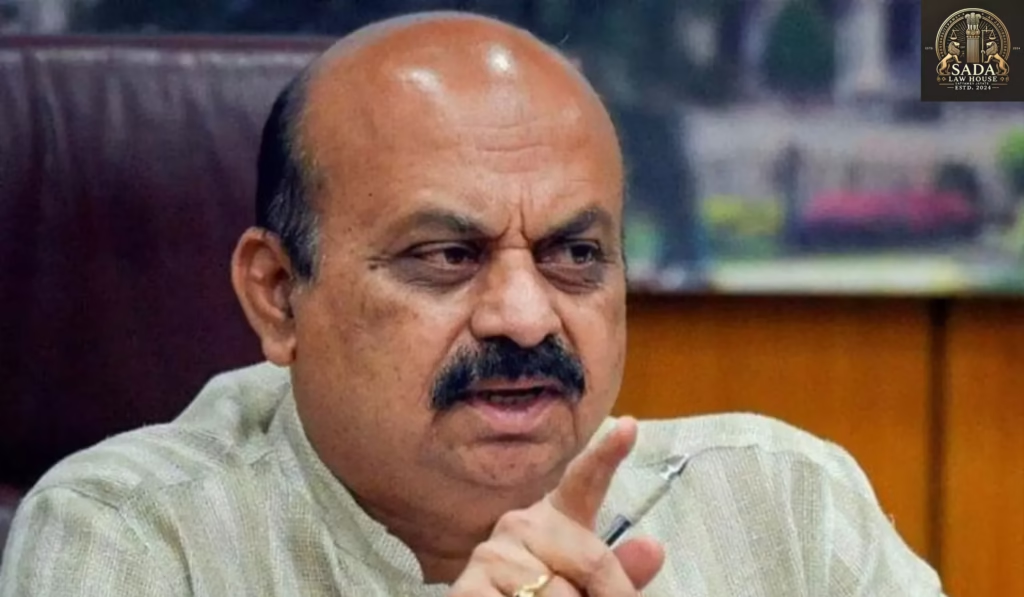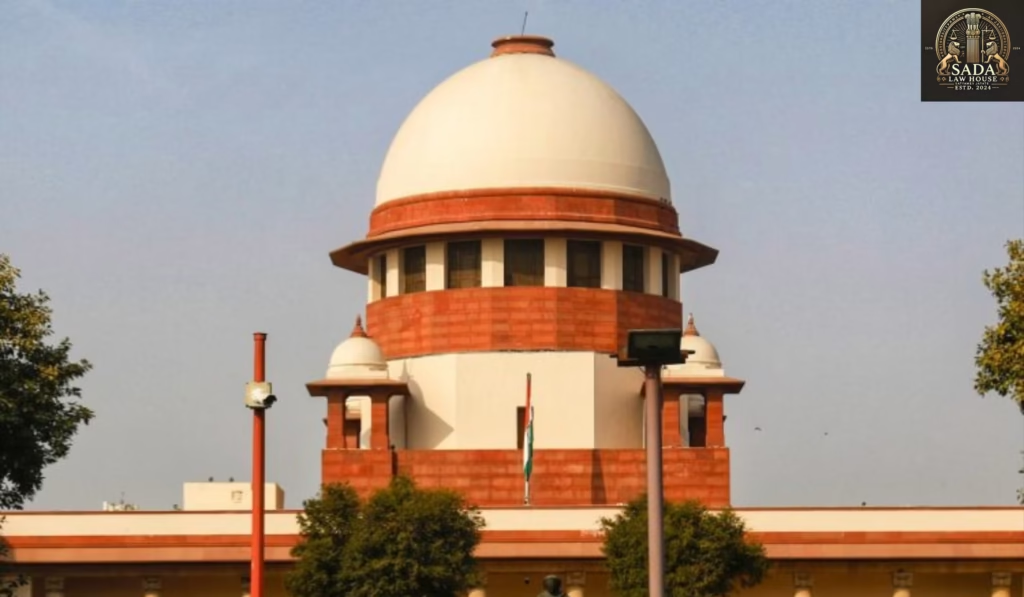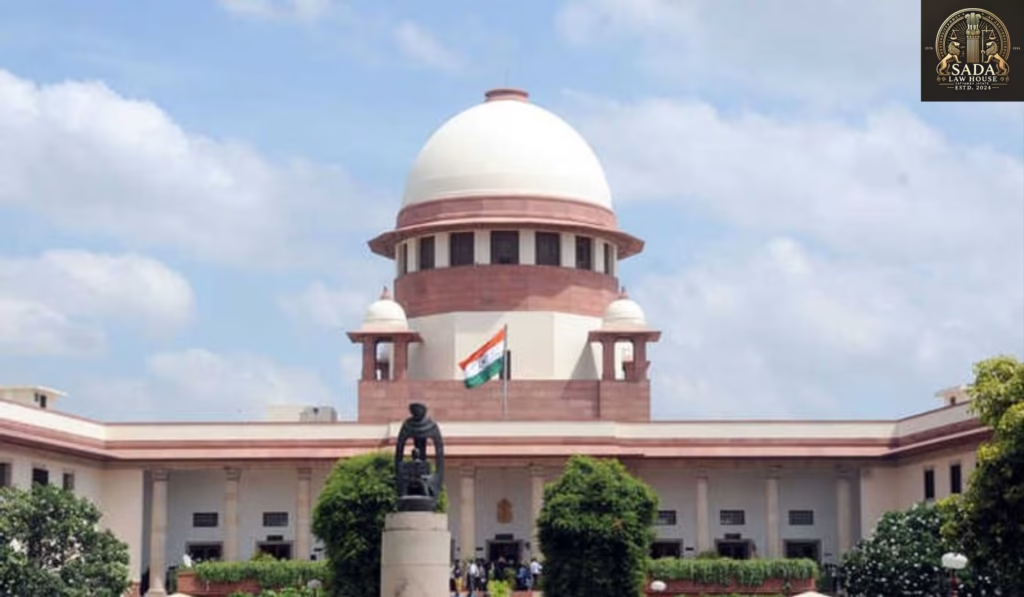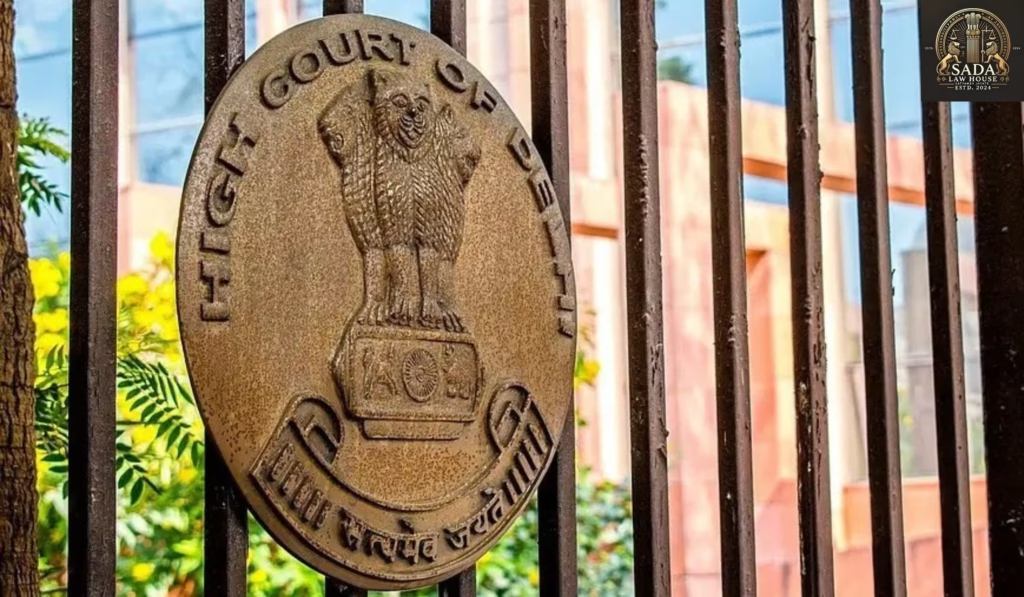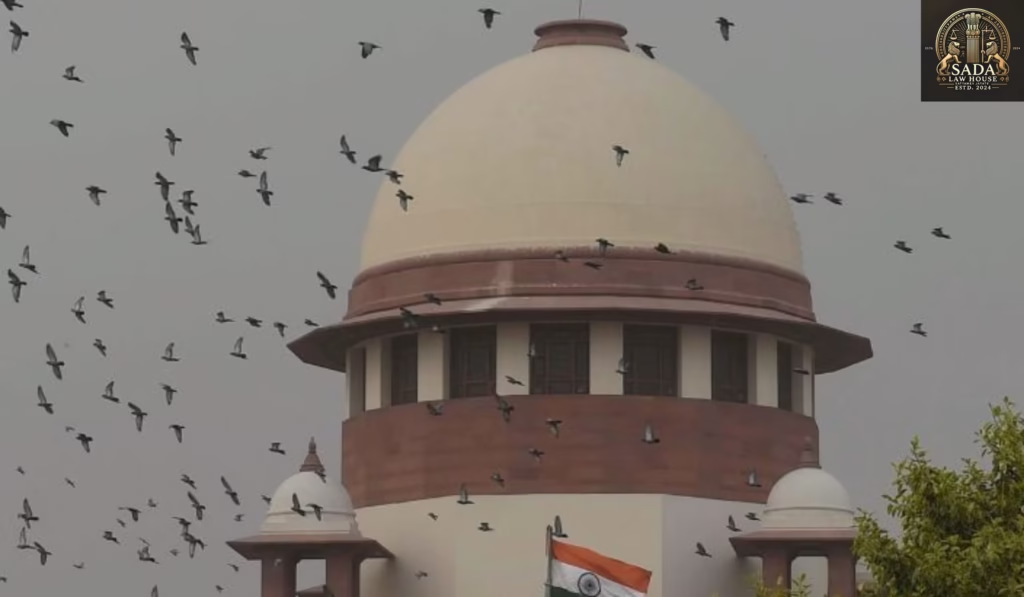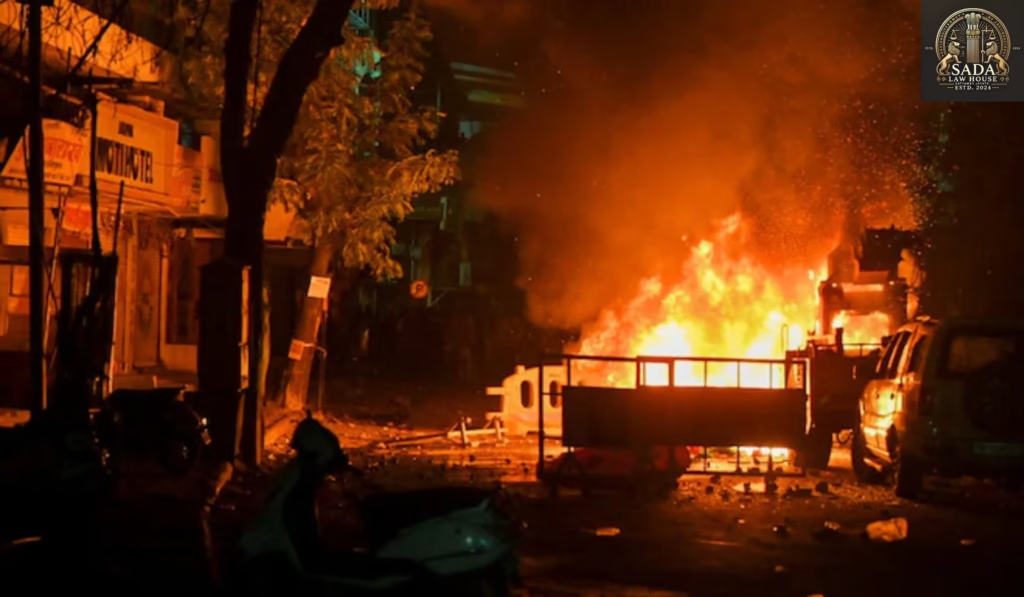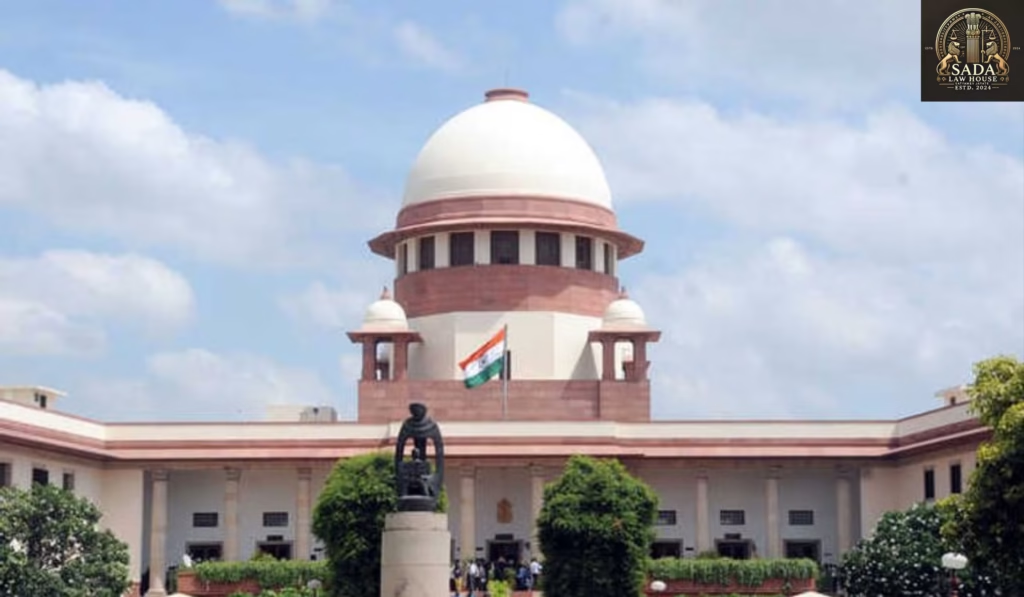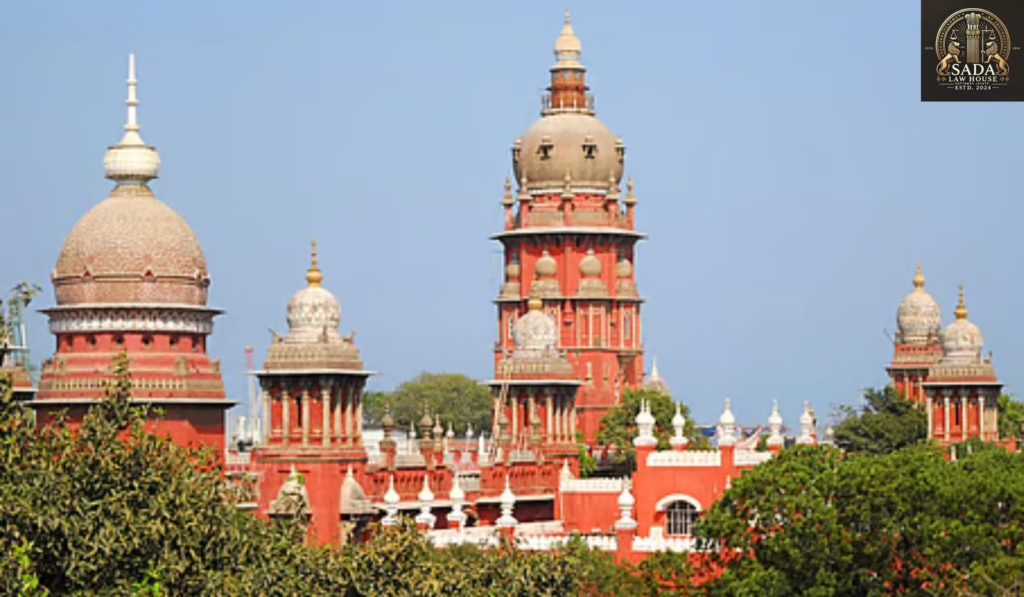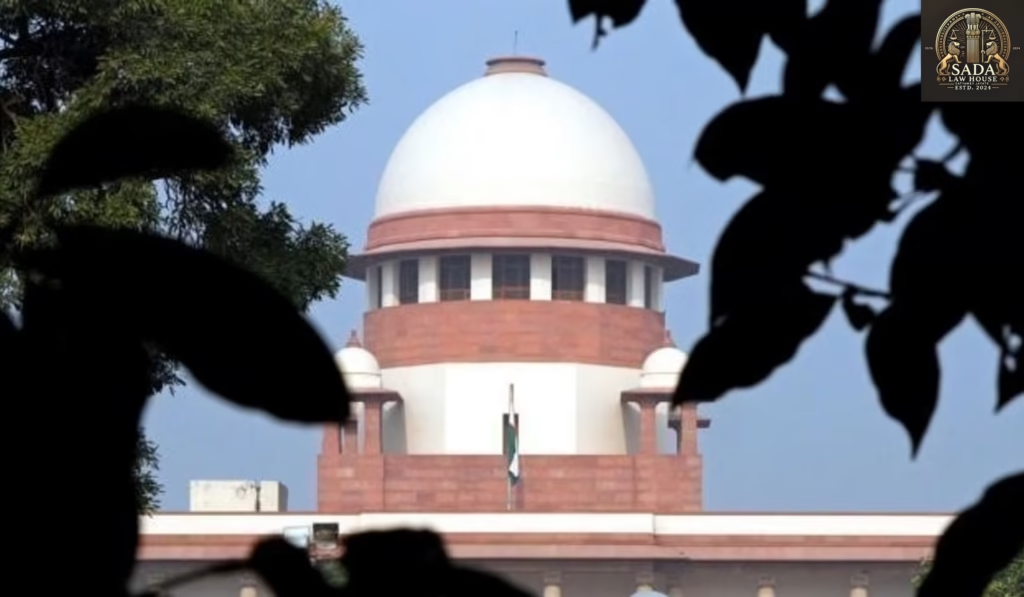Karnataka High Court Dismisses Hate Speech Case Against Former CM Basavaraj Bommai
Trending Today Karnataka High Court Dismisses Hate Speech Case Against Former CM Basavaraj Bommai LEGAL INTERNSHIP OPPORTUNITY AT VSK LEGAL, DELHI LEGAL INTERNSHIP OPPORTUNITY AT DEEPAK SINGH THAKUR & ASSOCIATES, NEW DELHI LEGAL JOB OPPORTUNITY AT SLICE BANK LEGAL JOB OPPORTUNITY AT RASHTRIYA RAKSHA UNIVERSITY JOB OPPORTUNITY AT DHANALAKSHMI SRINIVASAN UNIVERSITY LEGAL INTERNSHIP OPPORTUNITY AT ADV. AVNEESH ARPUTHAM LEGAL INTERNSHIP OPPORTUNITY AT SALVORS & CO. LEGAL INTERNSHIP OPPORTUNITY AT GAGAN TIWARI & ASSOCIATES INTERNSHIP OPPORTUNITY AT A.S. LEGAL, LAW OFFICES, NEW DELHI Karnataka High Court Dismisses Hate Speech Case Against Former CM Basavaraj Bommai PRABHAT KUMAR BILTORIA 28 June 2025 The Karnataka High Court has dismissed the hate speech case against former CM Basavaraj Bommai, citing lack of clear provocation. Read about the court’s landmark ruling and its implications on political speech in India. Background of the Hate Speech Allegations In a significant legal decision, the Karnataka High Court dismissed two criminal proceedings against Basavaraj Bommai, senior Bharatiya Janata Party (BJP) leader and former Chief Minister of Karnataka. Bommai had been accused of delivering a hate speech during a political gathering in November 2024. The controversy stemmed from his comments targeting the alleged encroachment of farmlands by Waqf authorities. Specifically, he remarked, “If a stone is thrown in Savanur, wherever it falls, it is Waqf land,” which complainants claimed incited communal tensions. Legal Proceedings Under the Bharatiya Nyaya Sanhita As a result of these remarks, two complaints were filed under Section 196(1)(a) of the Bharatiya Nyaya Sanhita (BNS), accusing Bommai of promoting enmity between religious groups. However, Bommai challenged the FIRs, asserting that the allegations were vague, unfounded, and politically motivated. High Court’s Observations and Ruling Justice S.R. Krishna Kumar, presiding over the case, ruled in Bommai’s favor. The Court emphasized that Bommai’s remarks did not contain explicit provocation or meet the legal threshold for hate speech. It noted that expressing political opinions, unless crossing clear legal boundaries, cannot be criminalized. Safeguarding Political Expression vs. Hate Speech Laws The High Court held that continuing legal proceedings would constitute an abuse of the judicial system. It highlighted the absence of concrete and specific allegations necessary to establish a hate speech offense. Importantly, the relief granted was limited to Bommai alone. Other individuals named in the same FIRs will still face legal scrutiny. Implications for Political Discourse in India This judgment underscores the delicate balance between preserving free political expression and enforcing laws against hate speech. It sets a crucial legal precedent, reinforcing that the criminal justice system must not be used to suppress dissent or target political rivals without strong evidence. Leave a Reply Cancel Reply Logged in as Sada Law. Edit your profile. Log out? Required fields are marked * Message* Live Cases Karnataka High Court Dismisses Hate Speech Case Against Former CM Basavaraj Bommai Sada Law • June 28, 2025 • Live cases • No Comments Supreme Court Acts Against ED Summons to Lawyers: Upholding Legal Privilege and Professional Freedom Sada Law • June 27, 2025 • Live cases • No Comments Supreme Court of India Upholds Amicable Separation as Valid Outcome of Mediation in Matrimonial Cases Sada Law • June 27, 2025 • Live cases • No Comments 1 2 3 … 5 Next »
Karnataka High Court Dismisses Hate Speech Case Against Former CM Basavaraj Bommai Read More »

